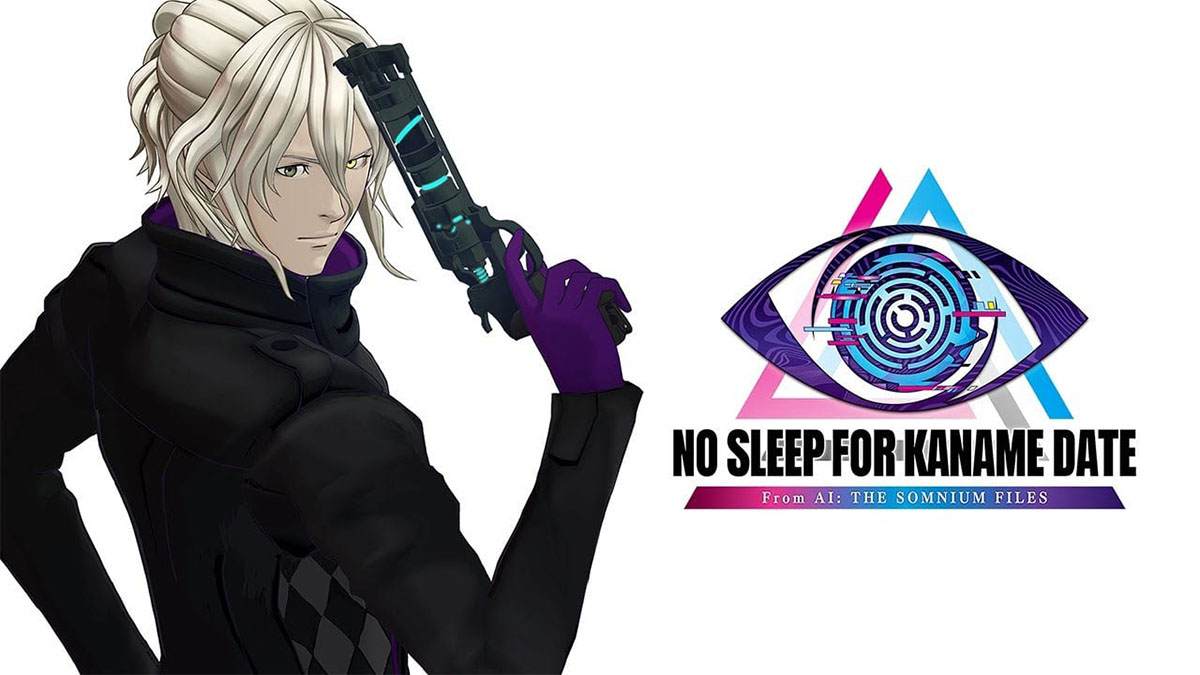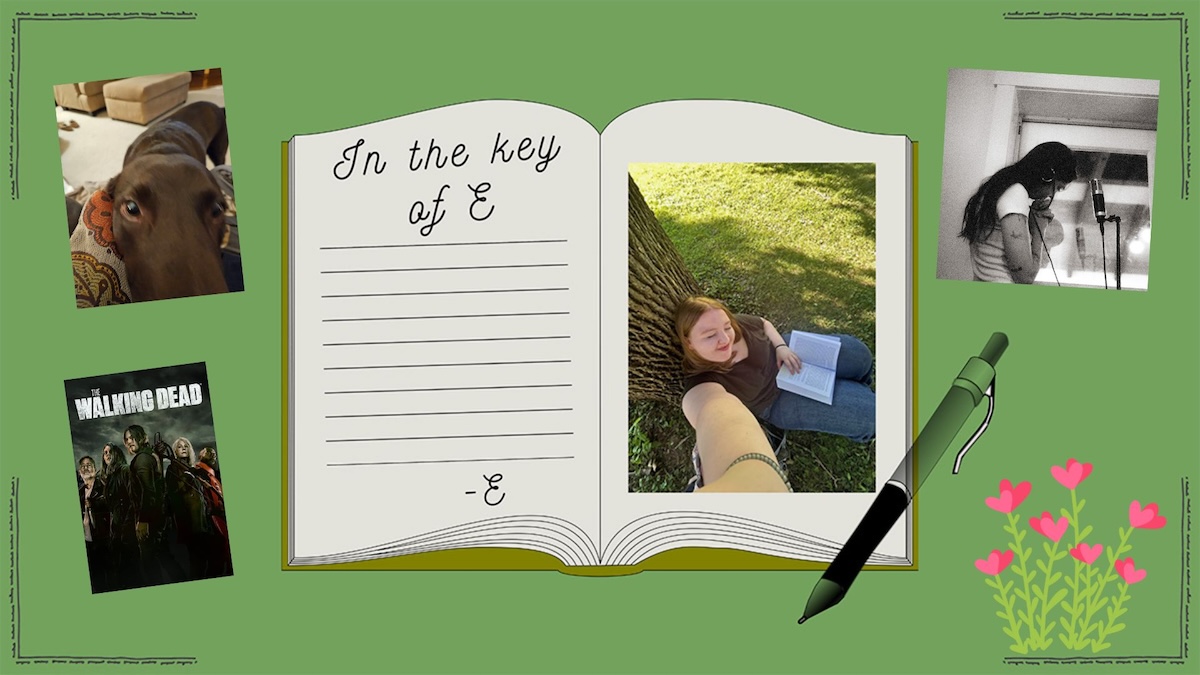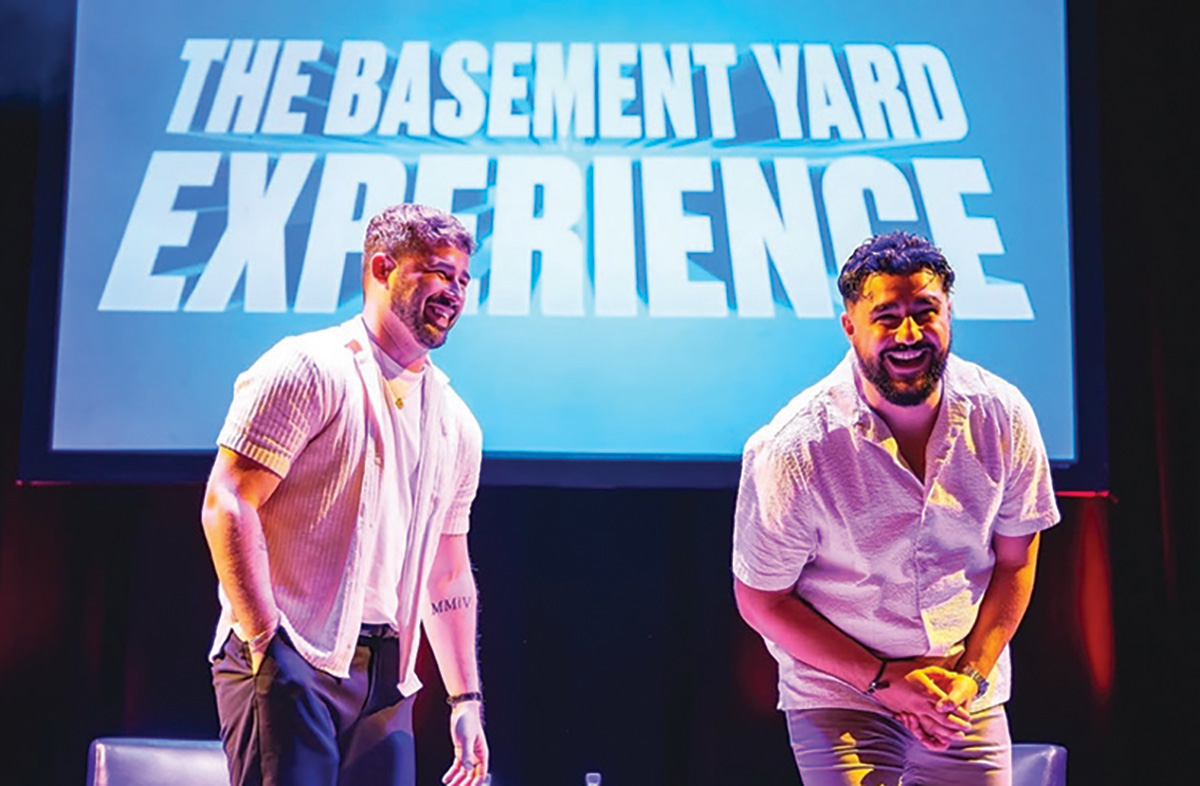To be tried as a juvenile or not to be tried as a juvenile, that is the question.
According to a Monday Green Bay Press Gazette article, 16-year-old Neenah resident Zach Reid will ask to be tried as a juvenile after being charged with killing his father. Judge Scott Woldt has concluded enough evidence exists to continue the first-degree intentional homicide case against Reid. If convicted as an adult, Reid faces life imprisonment.
Putting Reid on trial as a juvenile is the best option for helping him and society out. By receiving a juvenile trial, the teen will be able to receive treatment for his anger management issues and likely psychological problems. Intervention needs to happen with Reid, and if put on trial and convicted as an adult, this likely won’t happen.
No matter which trial Reid ends up receiving, he will likely be put back in society at some point. If convicted as an adult and placed in a federal or state penitentiary, Reid will not receive proper treatment that could rehabilitate him. To then place him back in society would be detrimental as he could have built up emotions he desires to unleash. It would be more beneficial to society to get him the proper help he needs before allowing him to re-enter society. A juvenile trial will ensure this happens.
But Reid should not go unpunished. Providing him help doesn’t mean he should not be punished if convicted. However, the punishment should not only take him out of society, but also work to minimize his threat to society. Reid’s punishment, if convicted as a juvenile, would be the better option because it will hold him accountable for his actions but allow him to gain the necessary tools to become someone who won’t negatively affect society somewhere down the line.
A minority of The Spectator Editorial Board disagreed and had a dissenting opinion. Because the evidence suggests the crime was premeditated, they feel he should be on trial as an adult.







